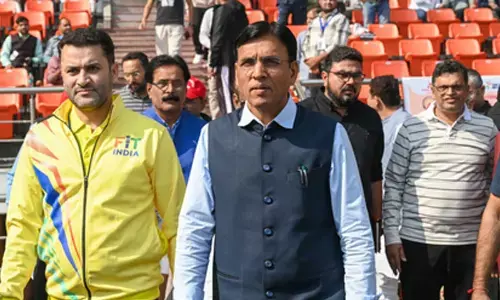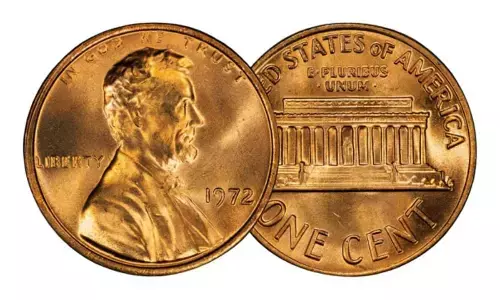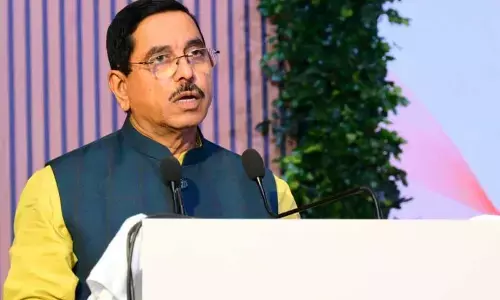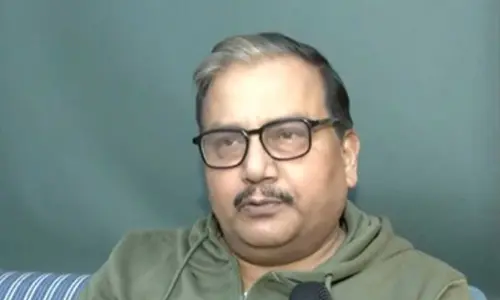Bilkis Bano case: 'Why remission policy is being applied selectively', Supreme Court asks Gujarat govt
Share :
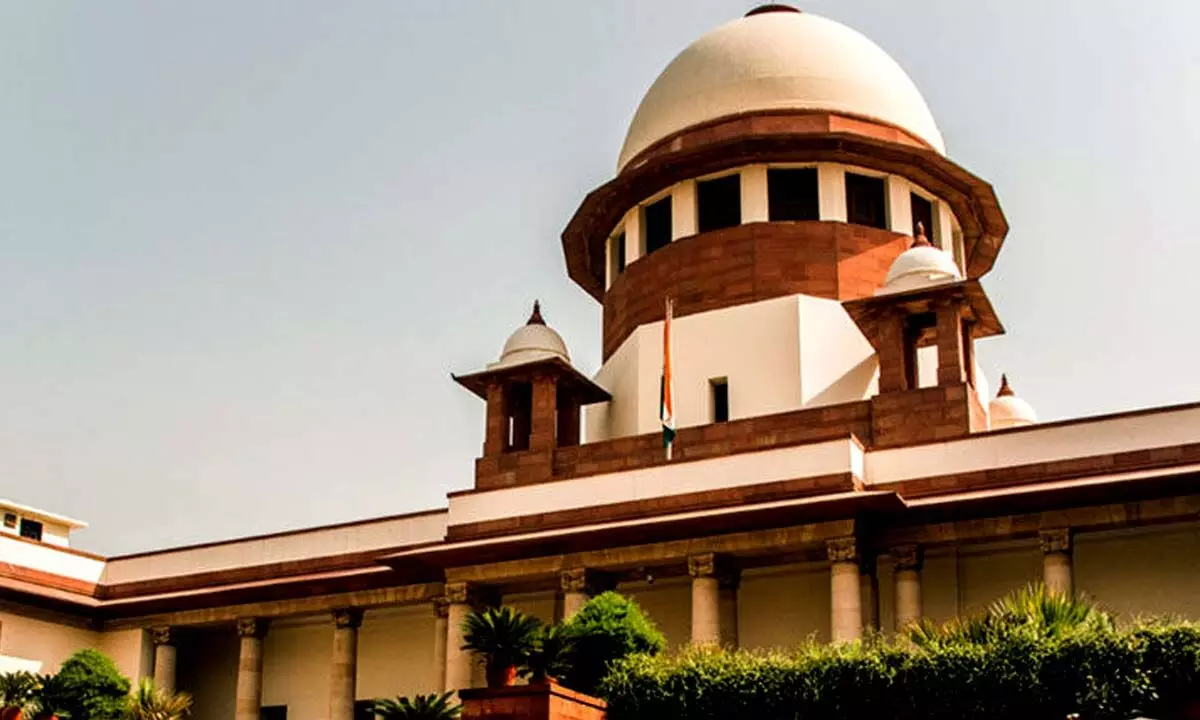
Supreme Court of India
The Supreme Court on Thursday questioned the Gujarat government for extending the benefit of remission policy “selectively” to convicts, stating that the opportunity to reform and reintegrate with the society should be given to every prisoner.
New Delhi: The Supreme Court on Thursday questioned the Gujarat government for extending the benefit of remission policy “selectively” to convicts, stating that the opportunity to reform and reintegrate with society should be given to every prisoner.
A bench comprising Justices B.V. Nagarathna and Ujjal Bhuyan made the above observation while hearing a batch of petitions challenging the remission granted to 11 convicts by the Gujarat government in the case of gang-rape of Bilkis Bano and murder of her family members during the 2002 post-Godhra riots in the state.
“Why is the policy of remission being applied selectively? The opportunity to reintegrate and reform should be given to every prisoner, and not only to a few convicts. Are all life sentence convicts after 14 years being given the benefit of remission," the bench asked Additional Solicitor General (ASG) S.V. Raju, appearing on behalf of the state of Gujarat.
ASG Raju argued that the 11 convicts deserved the chance of reformation and their applications seeking remission were considered pursuant to an earlier judgment of the Supreme Court.
In that judgment, the top court had directed the Gujarat government to consider and decide the application for pre-mature release within two months in terms of remission of 1992 policy.
“If a specific mandamus (order of the court) cannot be removed by legislation, it cannot surely be done by a judgment,” argued the ASG.
He said the opinion rendered by the Sessions Judge in Maharashtra against remission will not be relevant as it was passed mechanically without entering into merits.
“He gave this opinion because the convicts did not fit into the (Maharashtra’s remission) policy,” he added.
Further, the ASG said that the trial judge while awarding the sentence did not impose death penalty or specify that life sentence will run without remission.
The Centre, Gujarat government, and the 11 convicts have opposed the PILs filed by CPI-M leader Subhashini Ali, Trinamool Congress MP Mahua Moitra, National Federation of Indian Women, Asma Shafique Shaikh and others, saying that once the victim herself has approached the court, others may not be allowed to intervene in a criminal matter.
Last week, senior advocate Indira Jaising, appearing for Trinamool MP Mahua Moitra, had said that the crime committed against Bilkis Bano was a "crime against humanity" perpetrated on the basis of religion.
The final hearing is underway in the batch of petitions filed against the release of convicts, including the one filed by Bilkis Bano.
The court posted the matter for next hearing on August 24 to allow the counsels for Centre, Gujarat government and the convicts to advance their arguments.
The 11 men convicted in the case were released on August 15 last year, after the Gujarat government allowed their release under its remission policy. The convicts had completed 15 years in jail.








